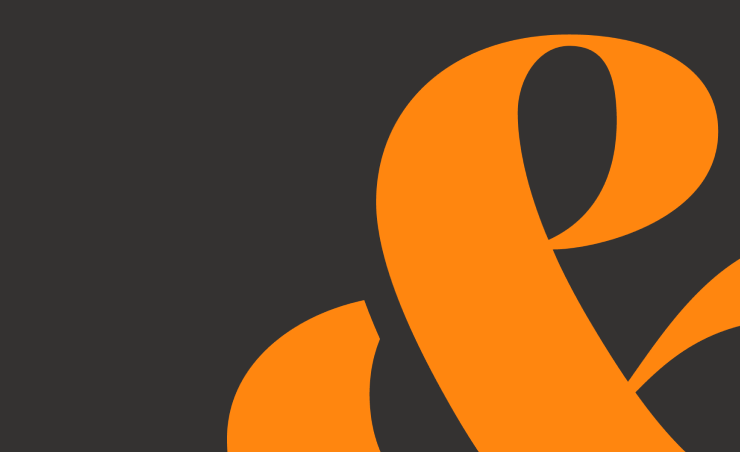
We follow quarterly earnings closely, but we spend a lot more time thinking about companies’ competitive positioning over the next five to 10 years, and beyond. Alphabet and Microsoft both have core businesses with amazing competitive advantages. And we can’t forget the price versus value equation at this point, after the market sell-off.
It’s important to keep in mind that a slowing of Azure’s growth rate, which was 42 per cent (constant currency) this quarter, is inevitable over time, given the size of its revenue base. Yet, it is still the fastest growing of the three US hyperscalers. Further, Microsoft has been helping clients optimise their cloud usage, which builds value for their clients in the short-term, and through longer-term customer loyalty, value for Microsoft. We also saw this dynamic in 2020.
Alphabet grew revenue 11 per cent in constant currency terms, against 39 per cent constant currency growth in the third quarter last year – so the top line wasn’t a concern for us. Costs were elevated, but there’s a path to scaling over time; we know the model scales, it’s a question of management balancing short-term cost discipline with investment for longer-term growth.
The US consumer is still in good shape, especially at the higher end as shown by luxury good results and spending patterns from card companies.
Lower end is more pressured by inflationary pressures. Costs are coming back into income statements, especially in technology. Supply chains are starting to heal.
No, this was expected given the current regulatory environment and the more recent antitrust focus on tech. There is actually very little overlap between the two companies, but the scope of antitrust investigations is being pushed out at present.
At first glance, the headline figure Adobe paid for Figma appeared high. We do note that history has shown that many technology acquisitions that appeared expensive at the time have proven with time to be bargains. We also draw some comfort from the fact that the deal makes a lot of sense strategically and from Adobe’s sound history of capital allocation.
The business was over earning with sales up a third in the last two years versus a long-term trajectory of 3 per cent to 4 per cent per annum. This was a direct result of the artificial stimulus from COVID-19.
The fund has never owned these stocks as we dislike their inherent cyclicality. We have been able to achieve our investment goal of 8 per cent to 12 per cent over the long term despite not owning them.
We accept in the short term the fund may underperform by not owning these businesses, but we always measure ourselves over a longer time frame (five years-plus) and encourage our clients to do the same.
We don’t buy companies based on short-term economic forecasts, which experience has taught us are very difficult to consistently get right. All our valuations are based on what a company will earn five years in the future and whether their competitive advantages will endure or indeed strengthen.
However, even if there is a recession in the short term, we draw comfort from both of these companies’ earnings resilience in past recessions. In addition, their current valuations we believe have already priced in a lot of potentially bad news.
Sherwin Williams is a company that we have owned in the past and would love to own again at the right price. It is the largest manufacturer and distributor of paint in North America. Based in Cleveland, it has an exceptional corporate culture, controls its own distribution, its own stores, has a low-cost-to-value product and an exceptional track record of earnings growth and capital allocation.
Balcon – favourite order is braised lamb shoulder and they have excellent charcuterie and wine list, with excellent sommeliers.
On a recent flight, a documentary on the 1992 Dream Team, the US Olympic basketball team. Names like Jordan, Johnson, Bird, Pippen, Barkley. Probably the greatest collection of sports talent in a team and made the NBA a global brand.
The Australian Financial Review is a media partner of sohnheartsandminds.com.au
This article was originally posted by the AFR here.
Licensed by Copyright Agency. You must not copy this work without permission.


Catherine Allfrey, Principal and Portfolio Manager of WaveStone Capital will be speaking at this year's Sohn Hearts & Minds Conference in Hobart which raises funds for Australian medical research.


There are many descriptors for Browder, including Russia’s anti-corruption crusader, and its most dogged oligarch hunter. But it’s his title as Putin’s No.1 foreign enemy that bestows on him another label - consummate survivor.


Australia’s sports leagues are being held back by a culture of conservatism and need to be more open to private equity investment or risk falling behind, investors say, with Netball Australia’s rejection of a $6.5m bailout cited as just one example of administrators’ aversion to private capital.